Personal Finance
Personal Finance books provide advice on managing finances, budgeting, investing, and saving for individuals to improve their financial well-being.
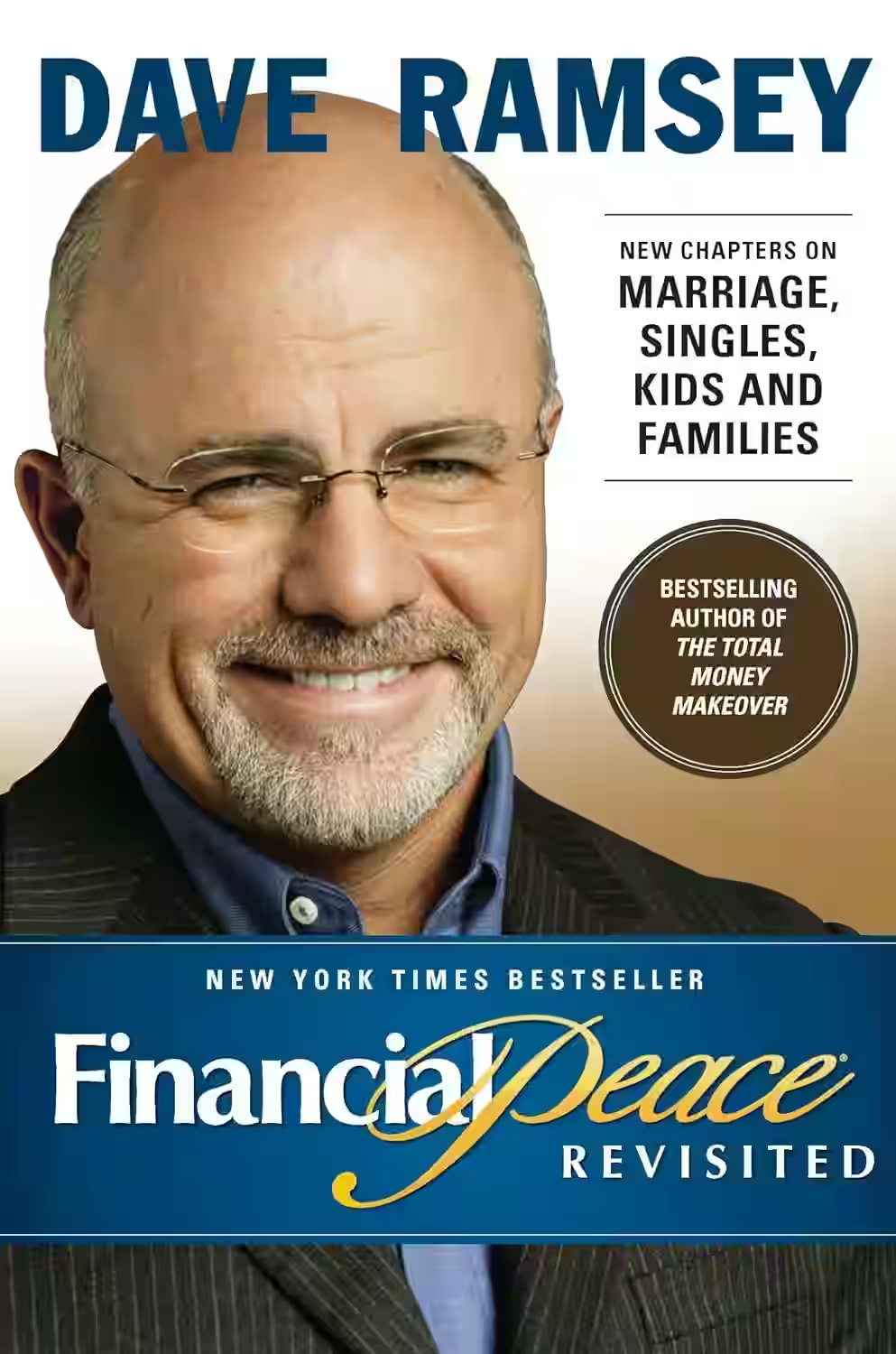
Financial Peace Revisited
by Dave Ramsey
In 'Financial Peace Revisited,' Dave Ramsey offers practical and timeless advice on achieving financial stability and independence. Through straightforward language and clear guidance, Ramsey breaks down complex financial concepts into actionable steps that readers can implement immediately. The book emphasizes the importance of budgeting, eliminating debt, and creating wealth through smart investing. Ramsey's no-nonsense approach combined with real-life examples and success stories makes 'Financial Peace Revisited' a valuable resource for anyone looking to take control of their finances and build a secure future.
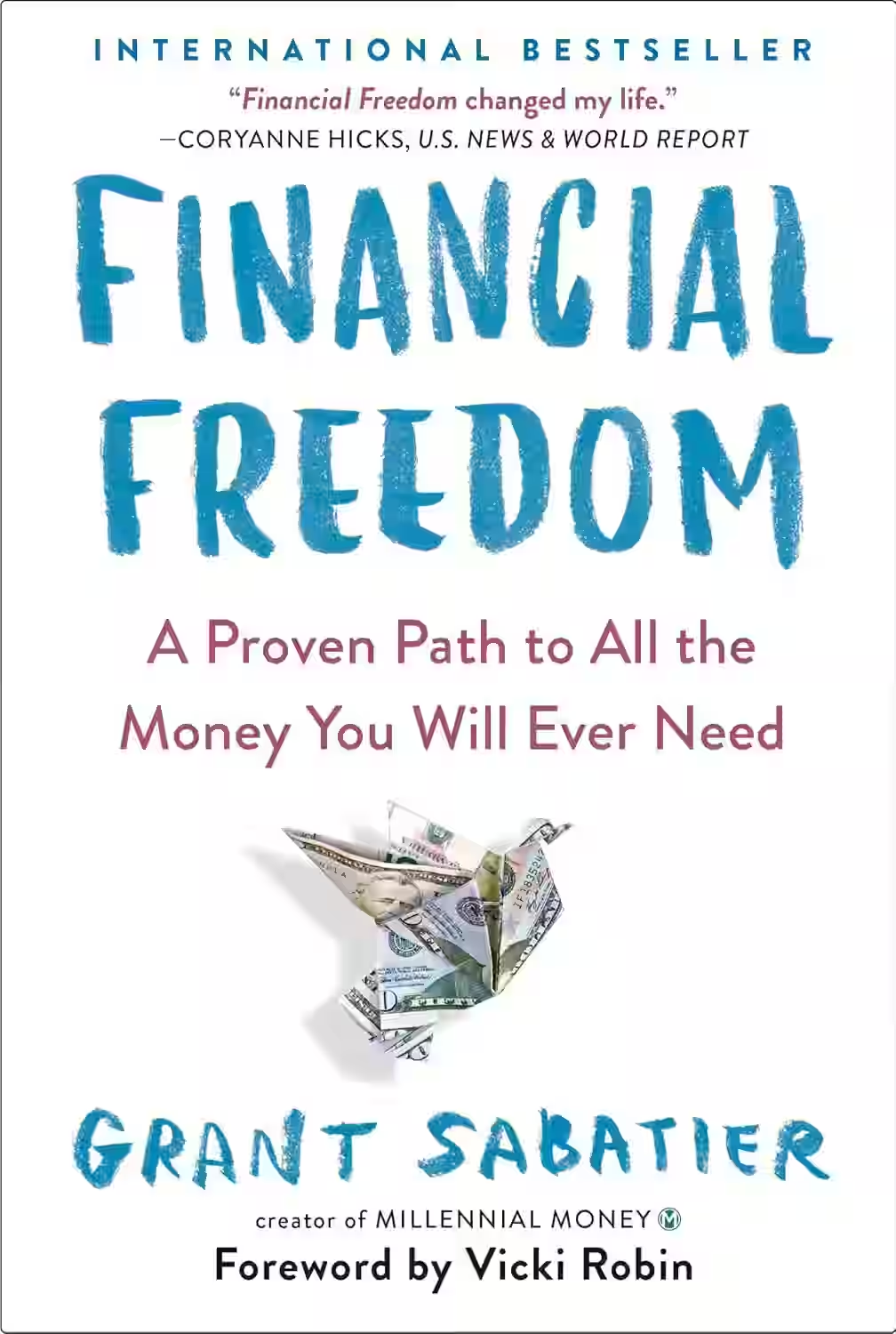
Financial Freedom
In 'Financial Freedom,' Grant Sabatier provides readers with a comprehensive guide to achieving financial independence and retiring early (FIRE). Through his personal journey of transforming a sparse bank account into a substantial fortune within five years, he shares practical advice, strategies, and insights into building wealth. Sabatier emphasizes the importance of creating multiple income streams, frugality, investing wisely, and critically analyzing life choices to prioritize personal values over financial limitations. The book is filled with real-world examples, easy-to-follow steps, and motivational anecdotes, making it an essential resource for anyone seeking to escape the traditional confines of nine-to-five living and gain control over their financial destiny.
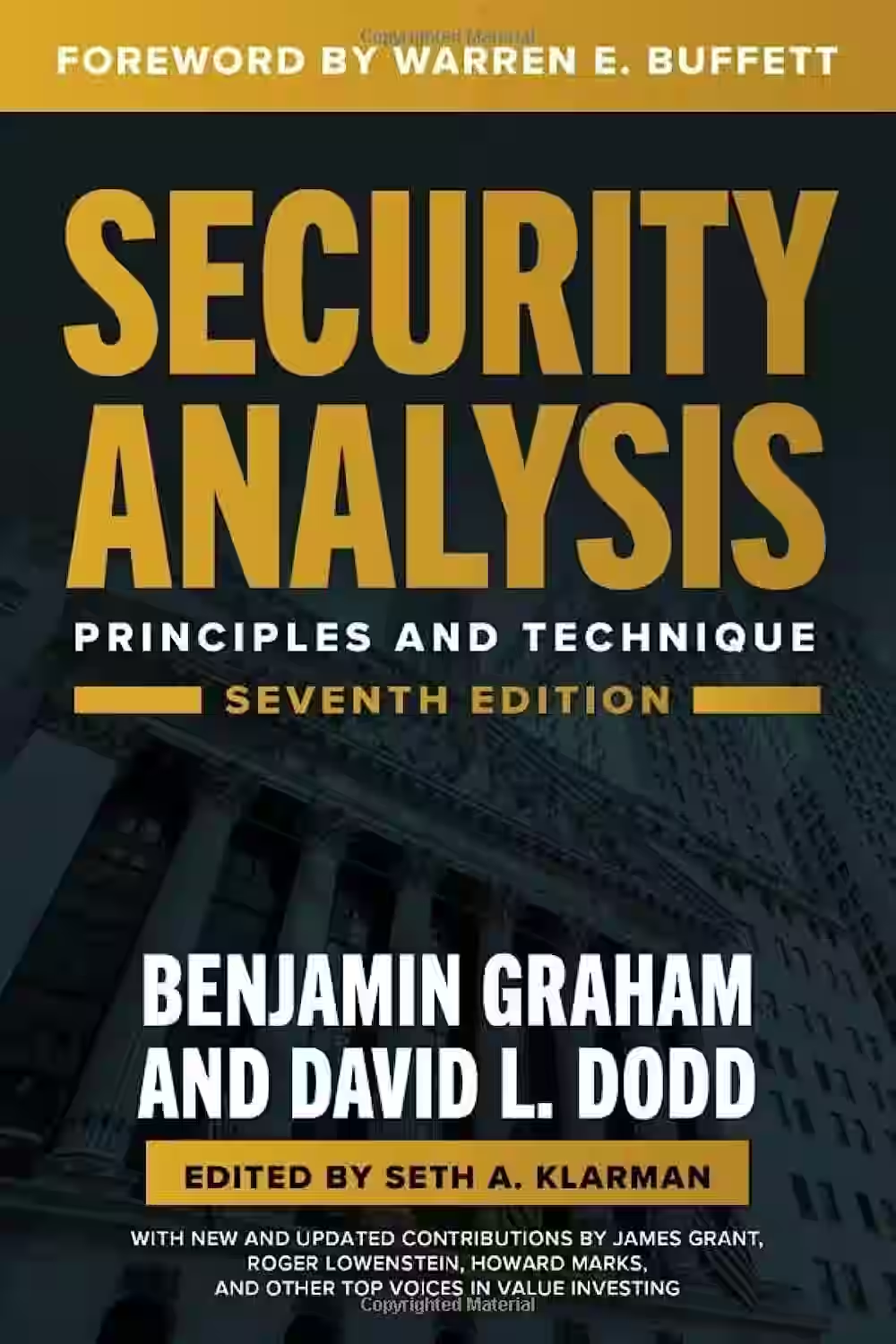
Security Analysis
by Benjamin Graham, David Dodd
In 'Security Analysis,' Benjamin Graham revolutionized the world of investment by introducing the concept of value investing, emphasizing the importance of thorough research and analysis before making investment decisions. Graham's timeless wisdom on intrinsic value, margin of safety, and market fluctuations continues to influence investors worldwide. The book provides a comprehensive guide to understanding financial statements, evaluating stocks, and building a successful investment strategy. With real-life examples and practical advice, 'Security Analysis' equips readers with the tools to navigate the complexities of the stock market and make informed choices. A must-read for both novice and seasoned investors.
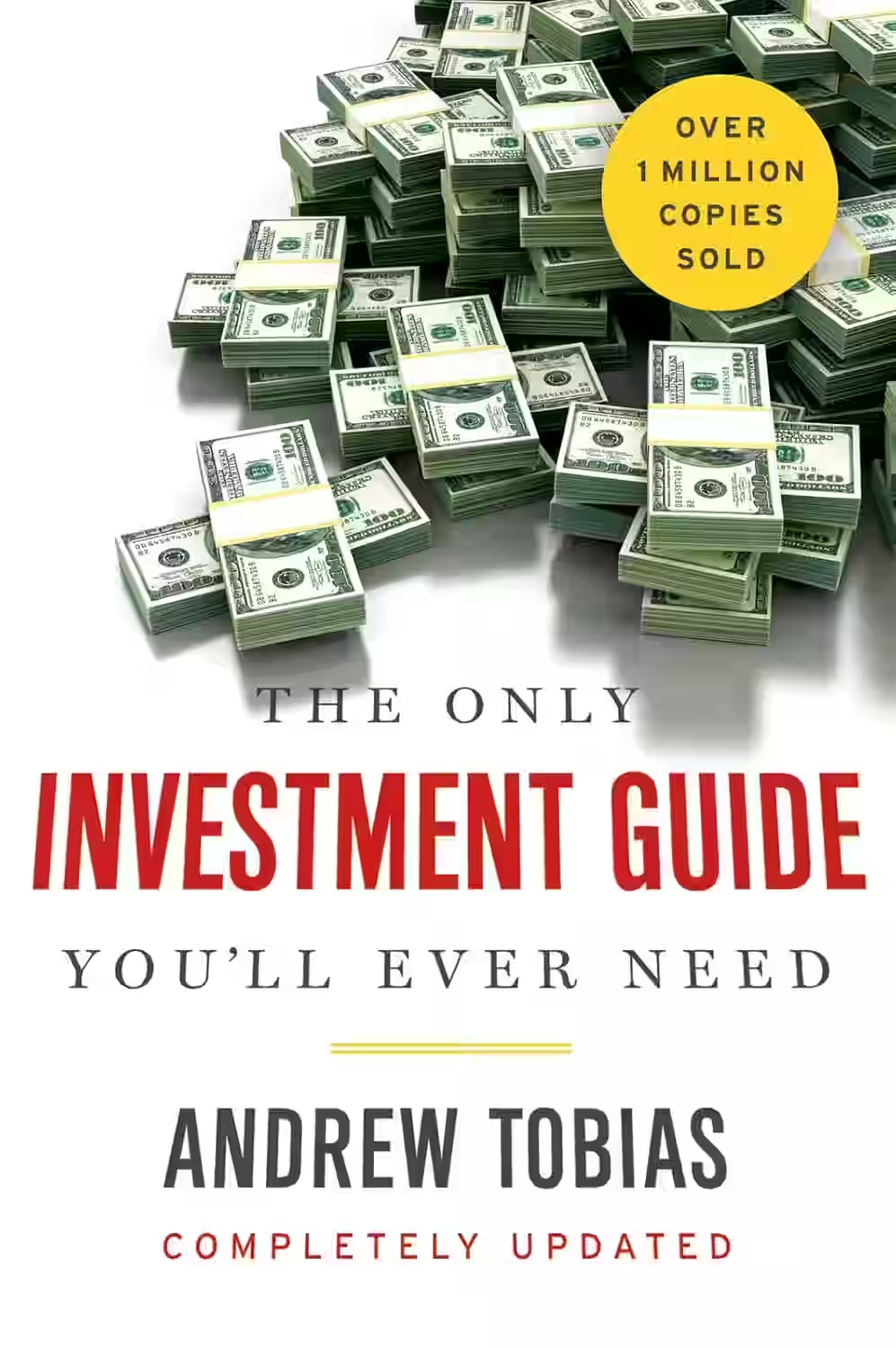
The Only Investment Guide You'll Ever Need
In 'The Only Investment Guide You'll Ever Need' by Andrew Tobias, readers are taken on a comprehensive journey into the world of personal finance. Tobias breaks down complex investment strategies into accessible and practical advice, empowering readers to take control of their financial future. With a witty and engaging writing style, he covers everything from stocks and bonds to real estate and retirement planning. The book not only provides valuable insights on how to make smart investment decisions but also emphasizes the importance of financial literacy and long-term planning. Whether you're a seasoned investor or just starting out, this book is a must-read for anyone looking to build wealth and secure their financial well-being.
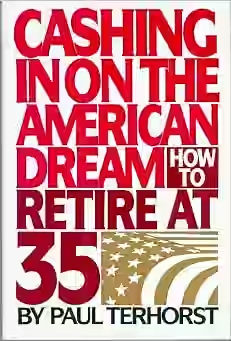
Cashing in on the American Dream
In 'Cashing in on the American Dream' by Paul Terhorst, the author challenges the conventional idea of working endlessly to retire comfortably in old age. Terhorst encourages readers to question the prevailing norms of the American Dream and instead opt for a simpler, more fulfilling life by retiring early. Through personal anecdotes and practical financial advice, Terhorst presents a roadmap for achieving financial independence and living life on one's own terms. The book delves into themes of frugality, minimalism, and mindful spending, emphasizing the importance of valuing experiences over material possessions. 'Cashing in on the American Dream' inspires readers to reassess their priorities and strive for a more meaningful existence.
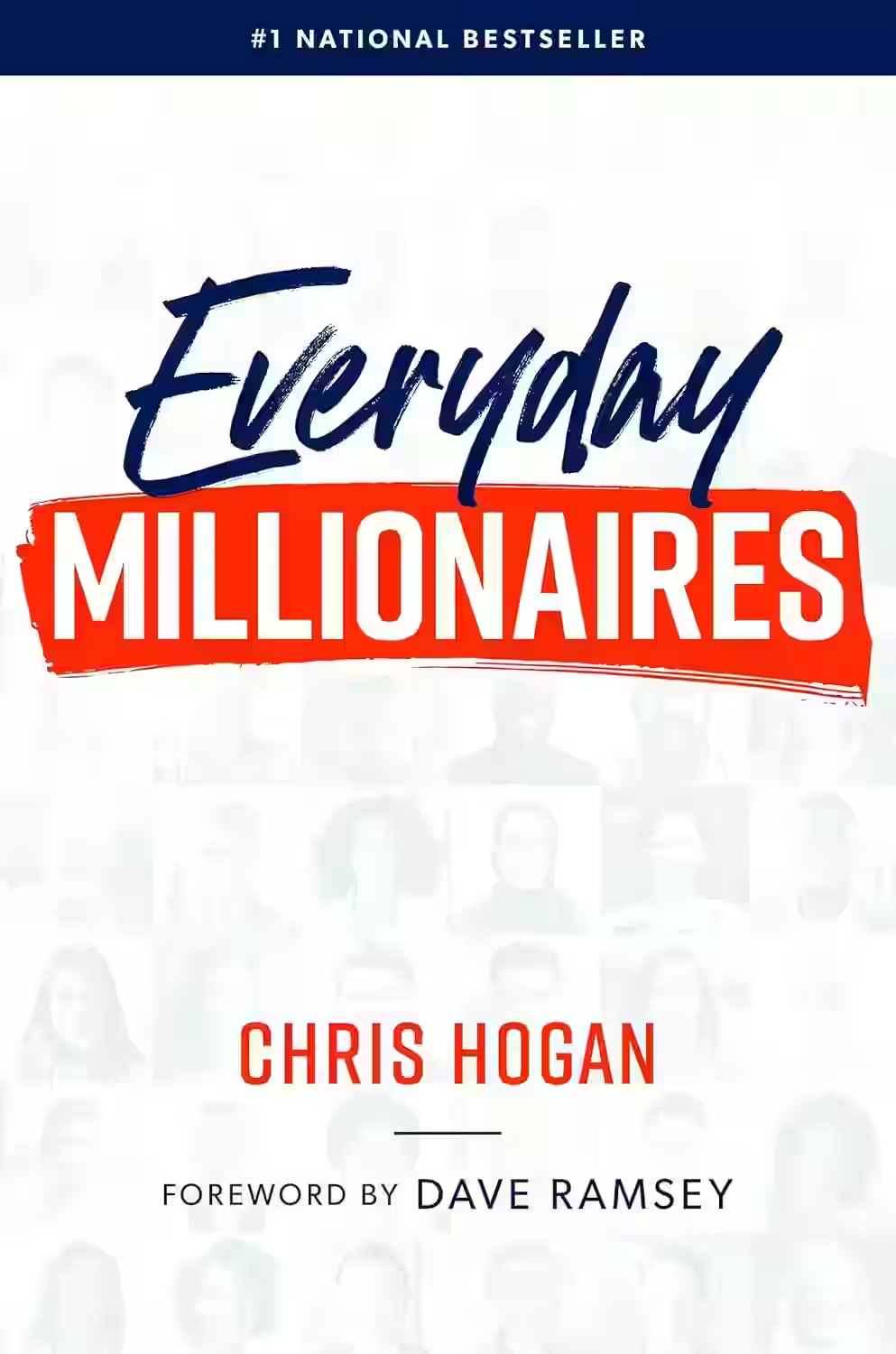
Everyday Millionaires: How Ordinary People Built Extraordinary Wealth―and How You Can Too
by Chris Hogan
In 'Everyday Millionaires,' Chris Hogan explores the financial habits and journeys of regular individuals who managed to achieve extraordinary wealth. By debunking common myths about millionaires and highlighting practical strategies for building wealth, this book serves as a motivational guide for anyone looking to enhance their financial well-being. Through compelling stories and data-driven insights, Hogan emphasizes the importance of diligence, frugality, and smart investing in accumulating wealth over time. Readers will find actionable advice on budgeting, saving, and investing, making this book a valuable resource for those seeking financial independence and stability.
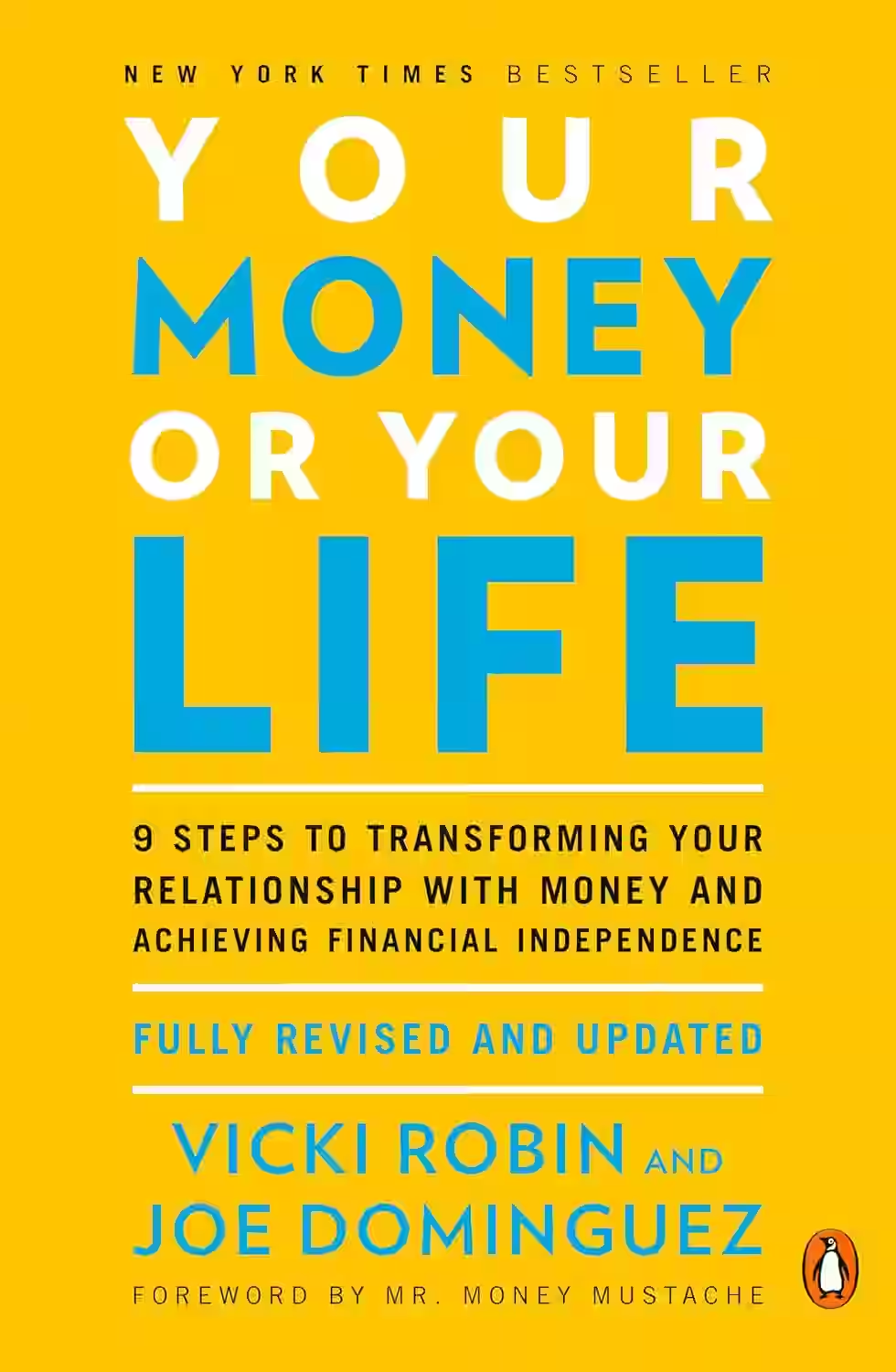
Your Money or Your Life
by Vicki Robin
In 'Your Money or Your Life' by Vicki Robin, readers are taken on a transformative journey towards financial independence and mindful living. The book challenges conventional beliefs about money, encouraging readers to reassess their relationship with finances and prioritize what truly matters in life. Through practical advice and thought-provoking exercises, Robin presents a step-by-step guide to achieving financial freedom and aligning spending habits with personal values. This seminal work resonates with readers due to its timeless wisdom and empowering message, making it a must-read for anyone seeking to gain control over their finances and live a more fulfilling life.
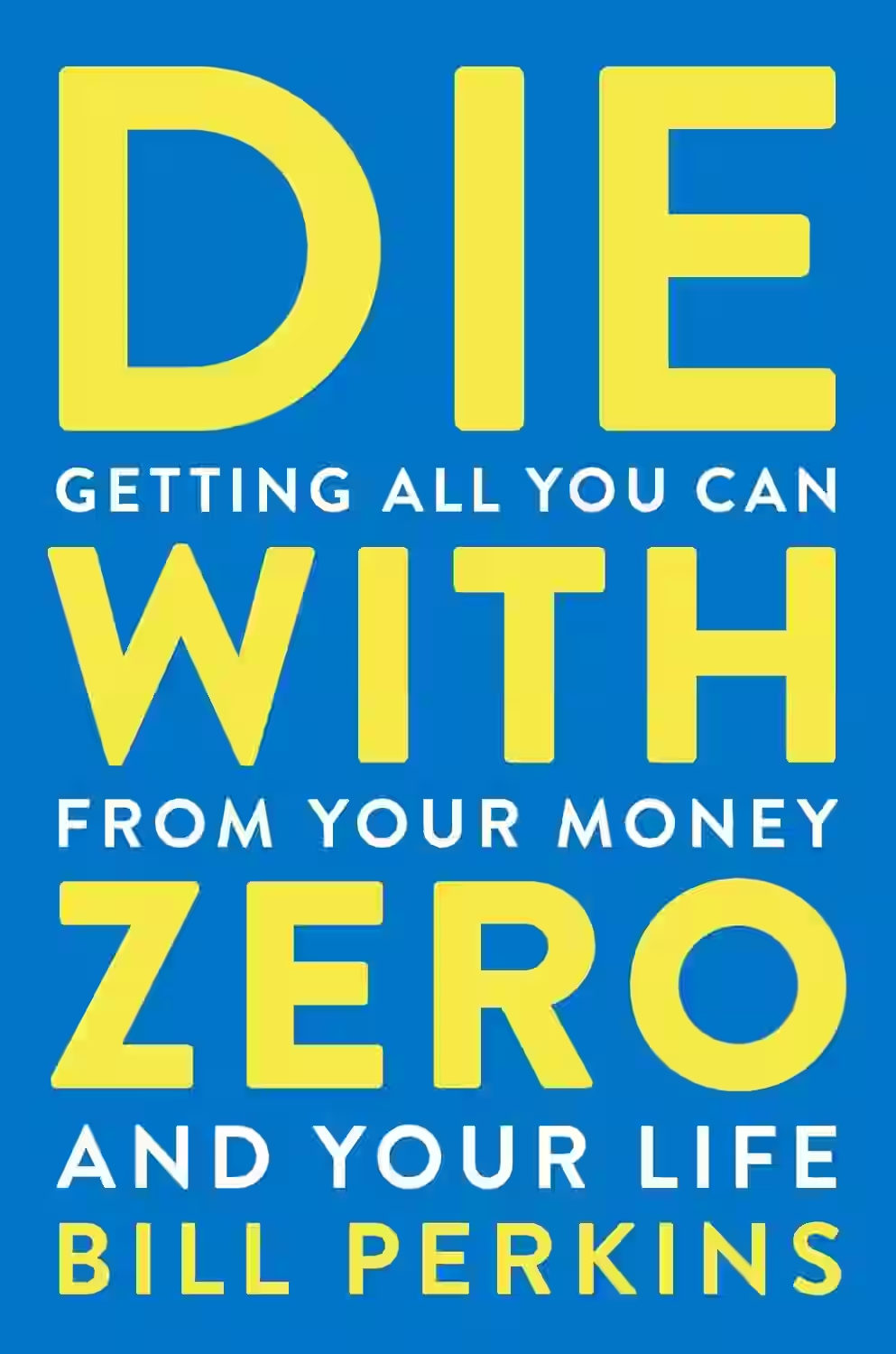
Die With Zero
by Pill Perkins
In 'Die with Zero' by Bill Perkins, readers are taken on a thought-provoking journey challenging the traditional concept of saving money for old age. The author argues that instead of leaving an inheritance, individuals should spend their money and time on experiences that bring them joy and fulfillment. Through a combination of financial strategies and philosophical reflections, Perkins presents a compelling case for living life to the fullest now, rather than deferring enjoyment for later. This book encourages readers to reassess their priorities, shift their mindset about wealth, and embrace a more present-focused approach to living. 'Die with Zero' sparks important conversations about legacy, happiness, and financial planning.
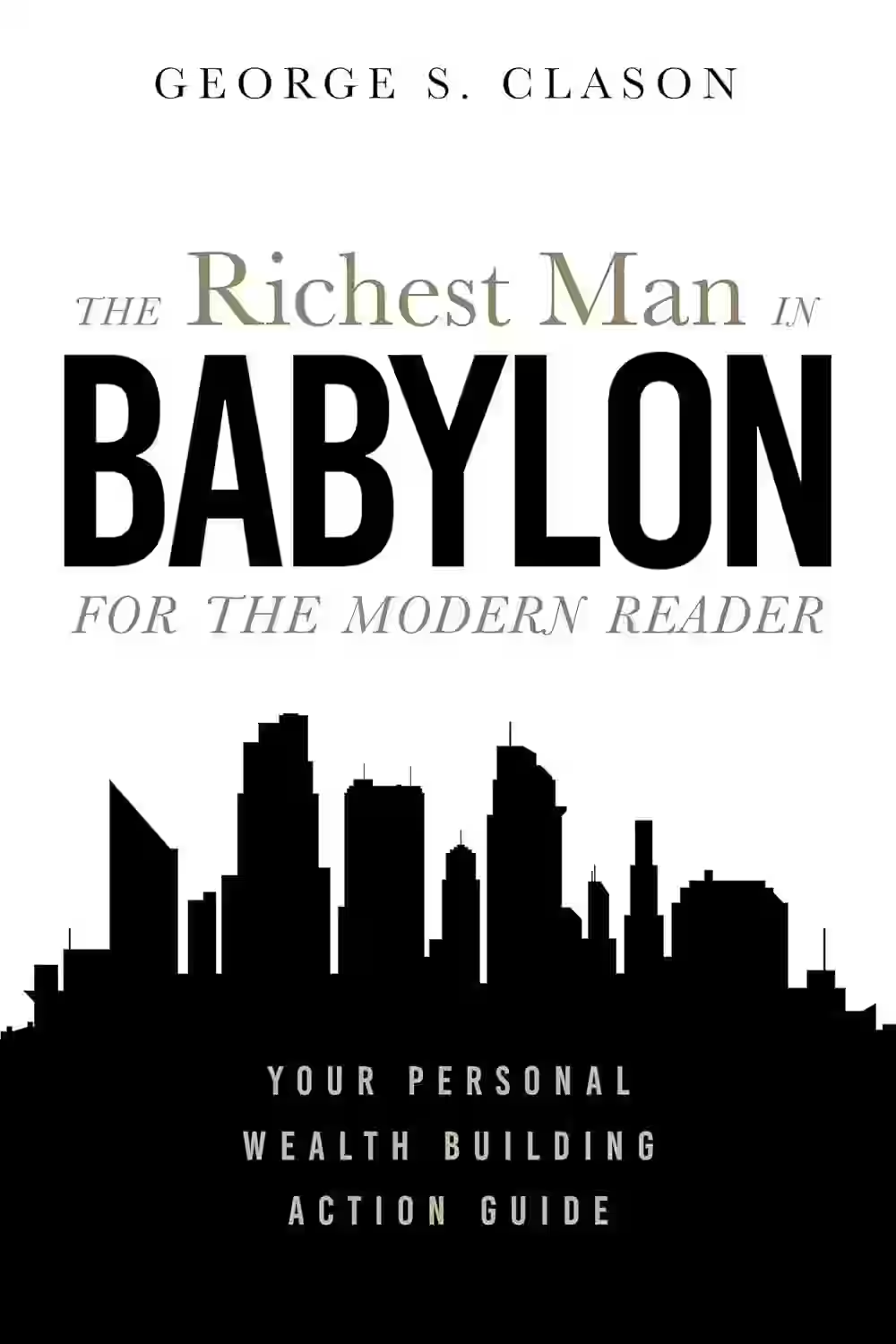
The Richest Man in Babylon
In 'The Richest Man in Babylon' by George S. Clason, readers are transported to ancient Babylon, where they learn timeless lessons on personal finance and wealth building. Through a series of parables and stories, the book imparts essential financial principles such as saving a portion of income, investing wisely, and avoiding debt. The narrative follows the journey of Arkad, the titular richest man, as he shares his wisdom with fellow Babylonians seeking to improve their financial situations. Clason's straightforward yet compelling storytelling makes complex financial concepts accessible to readers of all backgrounds, leaving a lasting impact on their approach to money management.
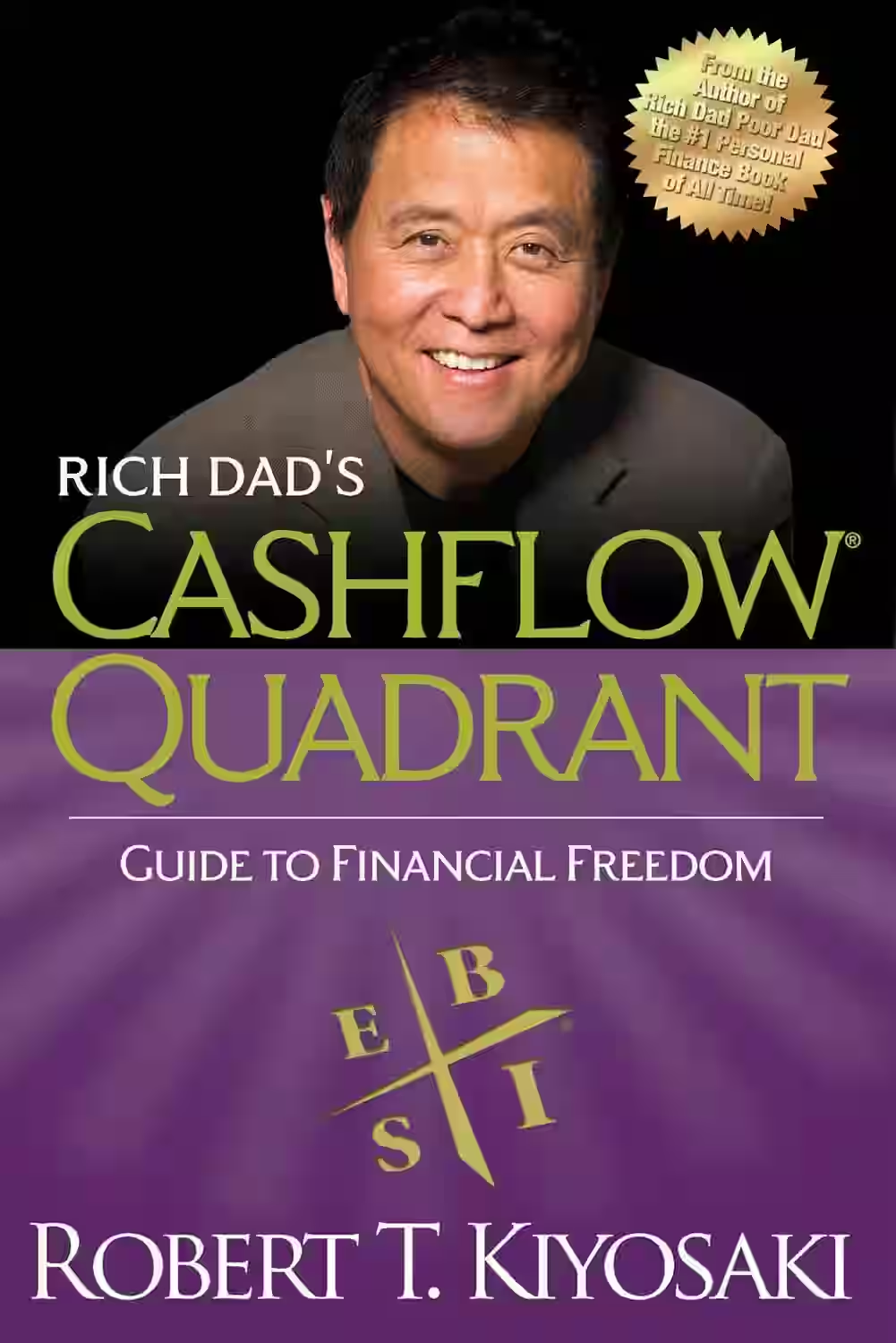
Cashflow Quadrant
In 'Cashflow Quadrant', Robert T. Kiyosaki delves into the world of financial independence through the lens of four quadrants - Employee, Self-Employed, Business Owner, and Investor. Through insightful anecdotes and practical advice, Kiyosaki emphasizes the importance of moving from the left side of the quadrant (Employee and Self-Employed) to the right side (Business Owner and Investor) to achieve true wealth and financial freedom. He highlights the mindset shifts and financial strategies needed to transition between quadrants, encouraging readers to rethink their approach to money and work. This book serves as a roadmap for those seeking to break free from traditional employment and create sustainable wealth.
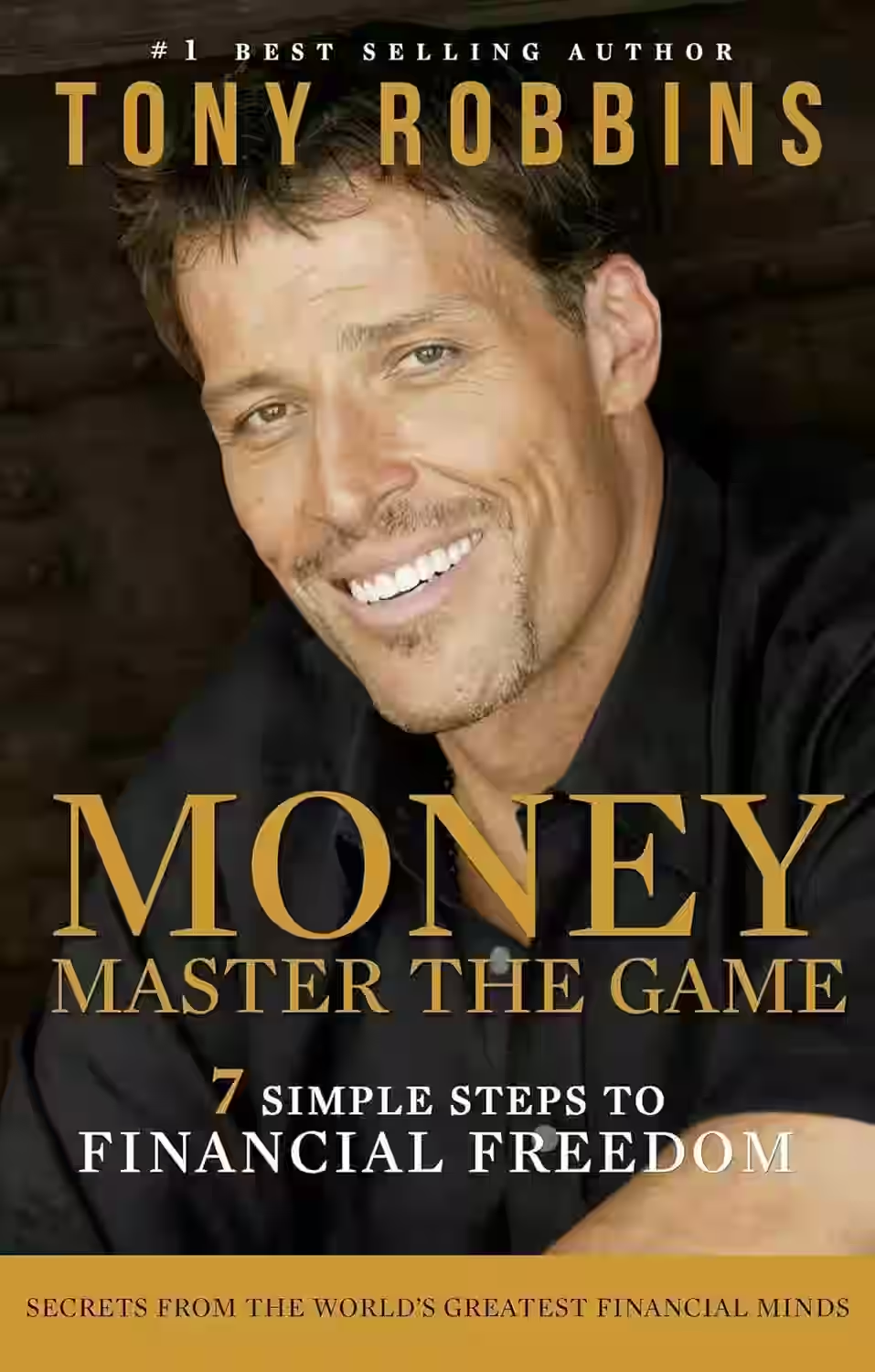
Money: Master the Game
by Tony Robbins
In 'Money: Master the Game,' Tony Robbins delves into the world of personal finance, offering readers a comprehensive guide to achieving financial independence. Through interviews with some of the world's most successful investors and entrepreneurs, Robbins uncovers valuable insights and strategies for managing money wisely, investing effectively, and ultimately mastering the game of wealth. The book covers topics like setting financial goals, creating a diversified investment portfolio, and debunking common myths about money. Robbins' engaging writing style and practical advice make this book a must-read for anyone looking to take control of their financial future.
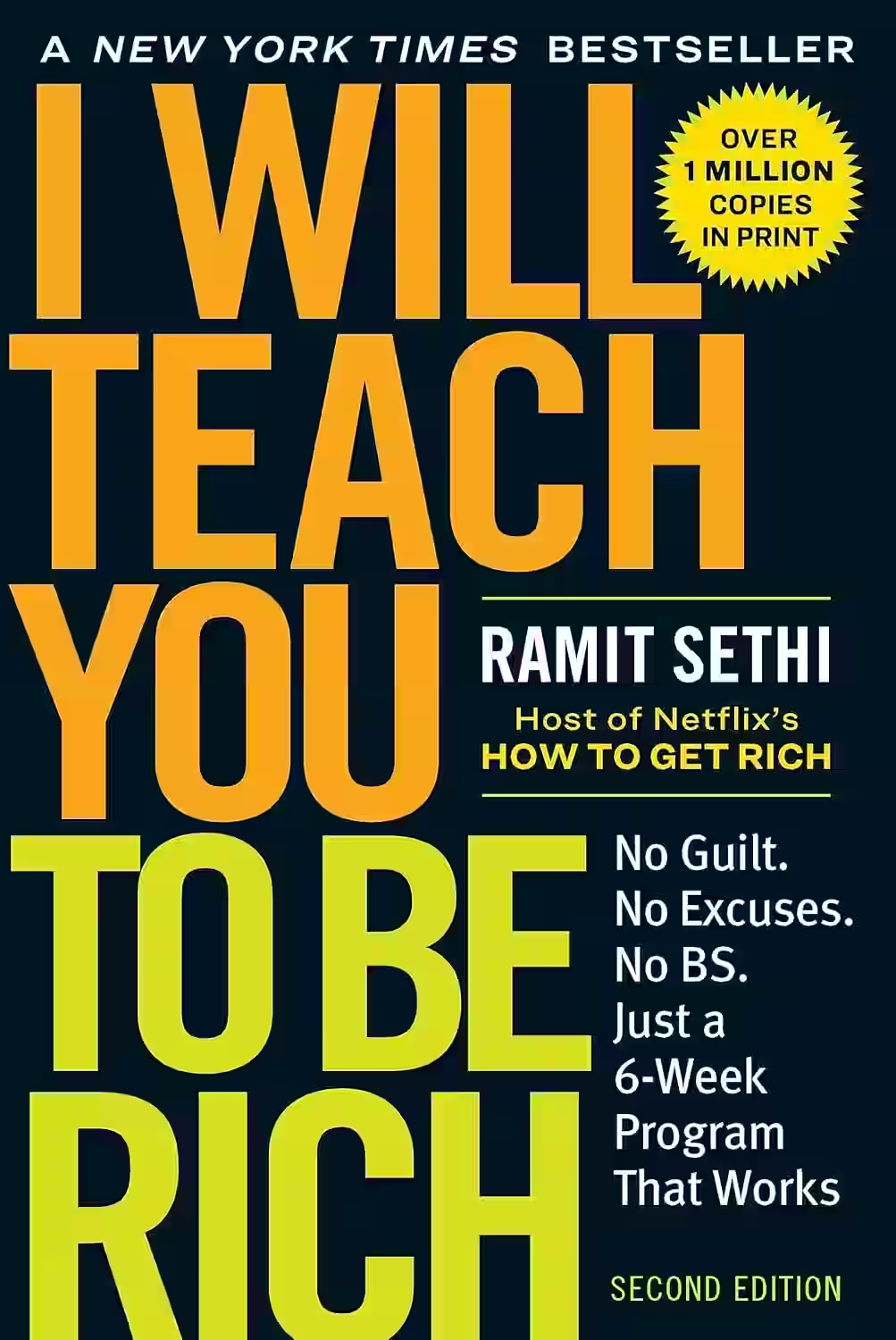
I Will Teach You to Be Rich
by Ramit Sethi
In 'I Will Teach You to Be Rich', Ramit Sethi breaks down personal finance into actionable steps for young adults looking to build wealth. Through a witty and no-nonsense approach, Sethi covers key topics such as banking, saving, investing, and automating finances. He emphasizes the importance of conscious spending on things that truly matter while cutting back mercilessly on areas that don't align with long-term financial goals. Sethi's advice is practical, relatable, and geared towards those seeking a straightforward guide to improving their financial situations. By blending humor with intelligent insights, Sethi makes financial literacy accessible and engaging for readers at any stage of their economic journey.
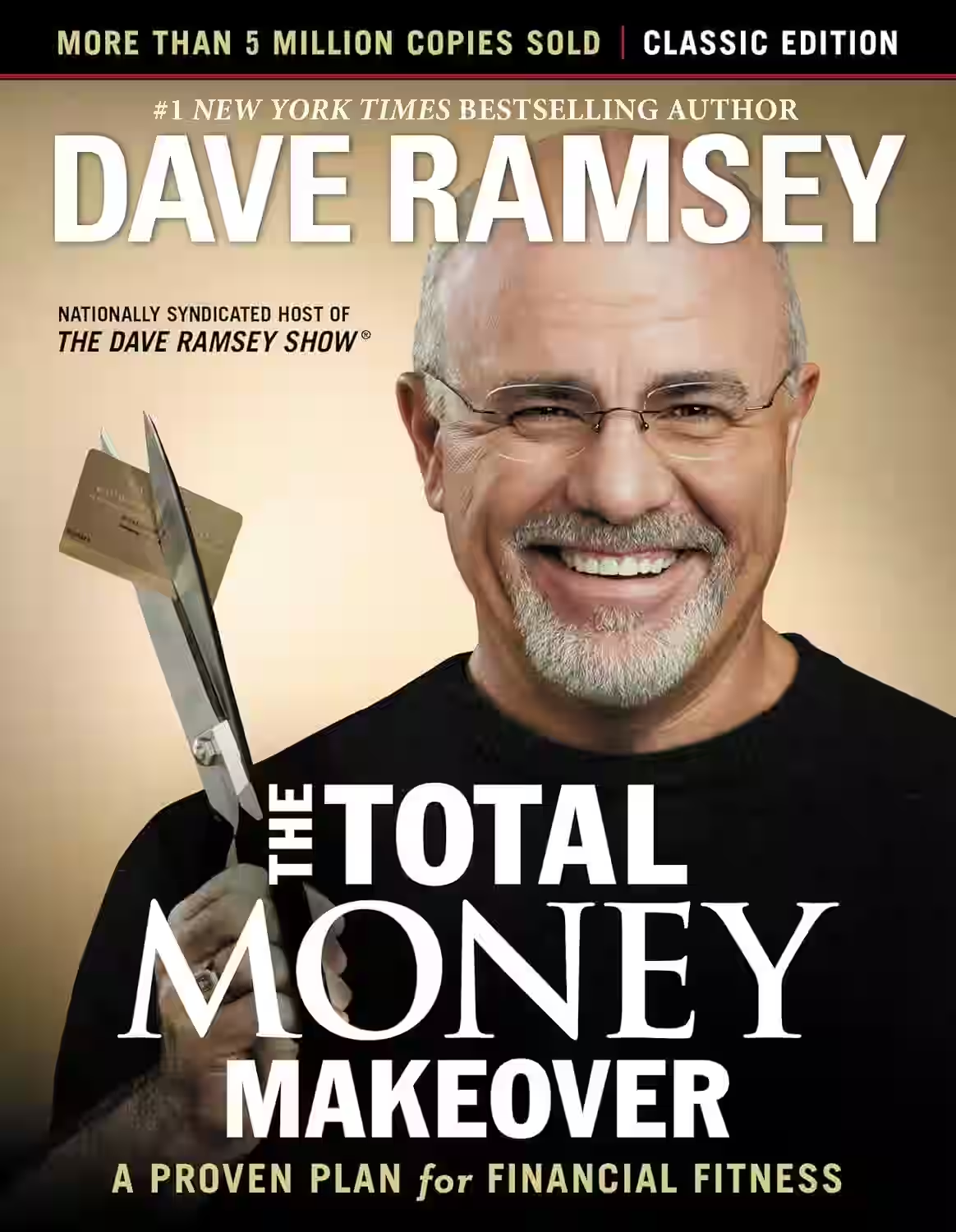
The Total Money Makeover
by Dave Ramsey
In 'The Total Money Makeover', Dave Ramsey presents a straightforward and practical guide to financial freedom. Through a series of actionable steps and personal anecdotes, Ramsey outlines his proven plan for getting out of debt, building wealth, and securing a stable financial future. The book emphasizes the importance of budgeting, emergency funds, and living below your means to achieve financial success. Ramsey's no-nonsense approach and easy-to-follow advice make this book a valuable resource for anyone looking to take control of their finances and change their money mindset.
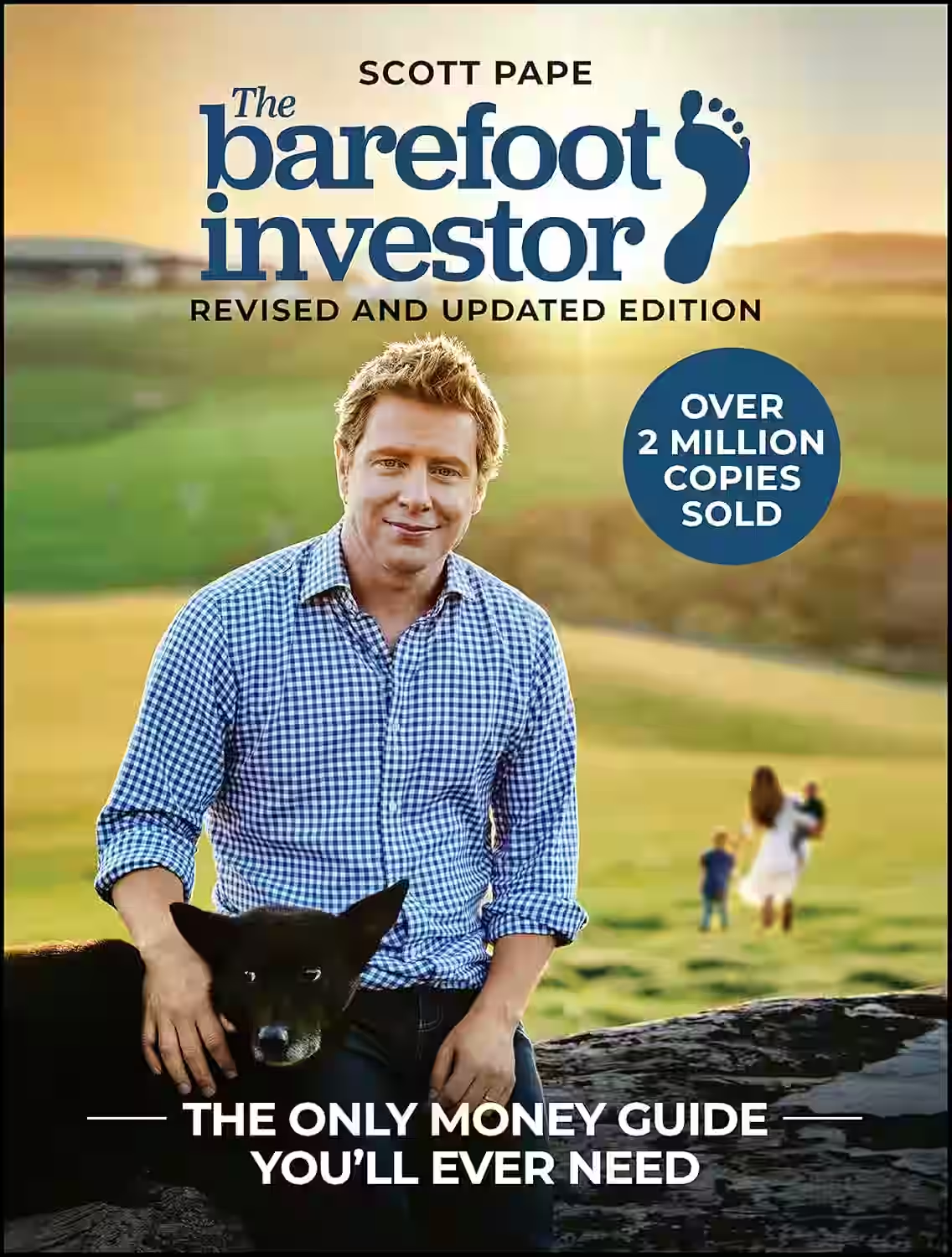
The Barefoot Investor
by Scott Pape
Scott Pape's 'The Barefoot Investor' offers a straightforward, relatable approach to personal finance that resonates with readers seeking financial empowerment. The book is structured around simple yet effective strategies aimed at long-term financial security, covering budgeting, managing debt, and investing. Pape uses a 'buckets' system to help readers visualize and implement effective financial plans. His conversational tone and practical advice are designed for everyday Australians but have universal appeal. The book's emphasis on achieving financial independence without sacrifice makes it accessible and motivating. 'The Barefoot Investor' is praised for demystifying financial jargon and providing actionable steps toward financial wellbeing.
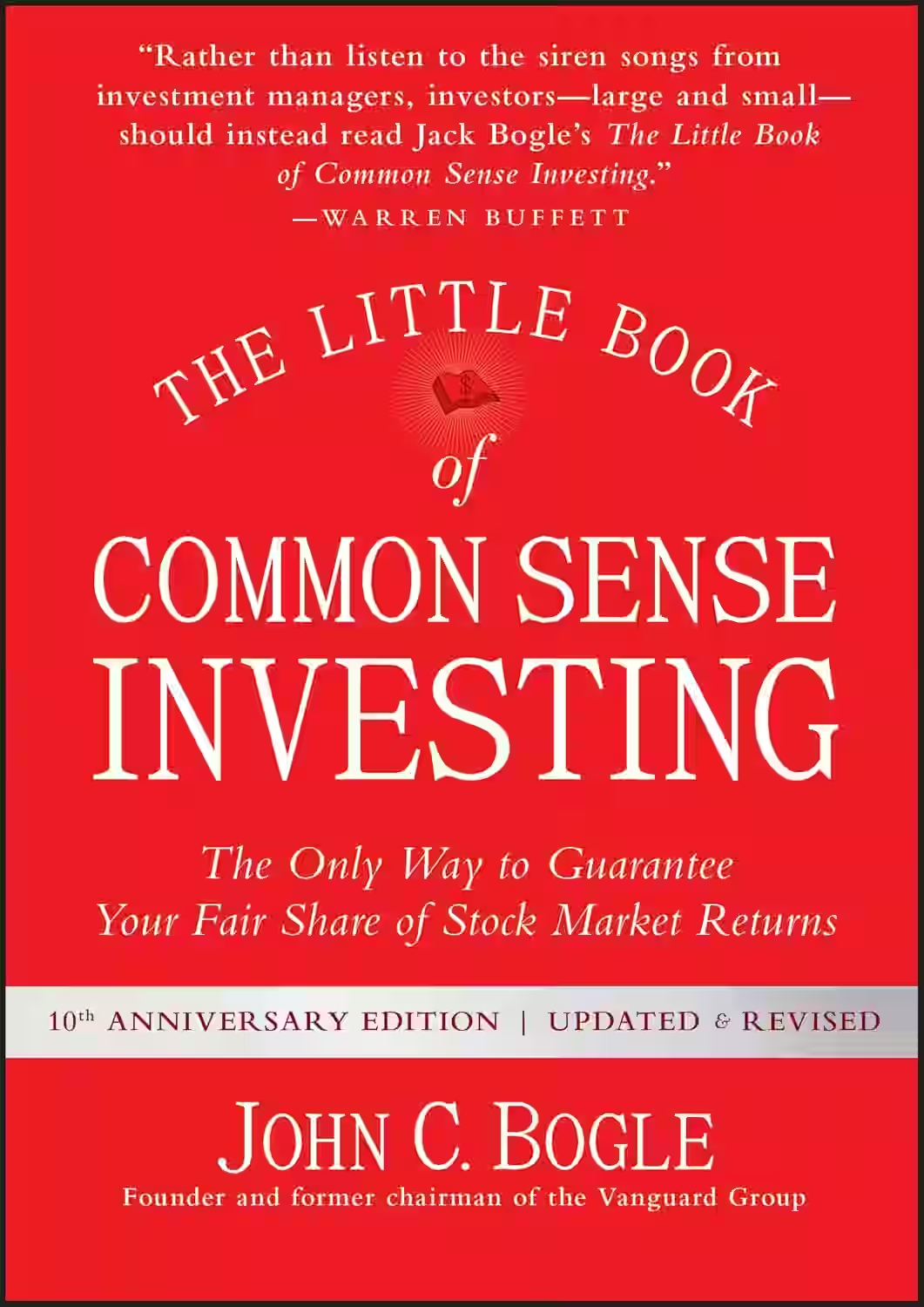
The Little Book of Common Sense Investing
In 'The Little Book of Common Sense Investing', John C. Bogle, the founder of Vanguard Group, delivers a compelling argument for passive index investing as a tried-and-true strategy for long-term financial success. Bogle breaks down complex financial concepts into simple, accessible advice for both seasoned investors and beginners. He highlights the pitfalls of high-cost, actively managed funds and advocates for a low-cost, buy-and-hold approach to investing. With a focus on minimizing fees and maximizing long-term returns, Bogle's book serves as a practical guide for investors looking to navigate the often tumultuous world of finance with prudence and common sense.
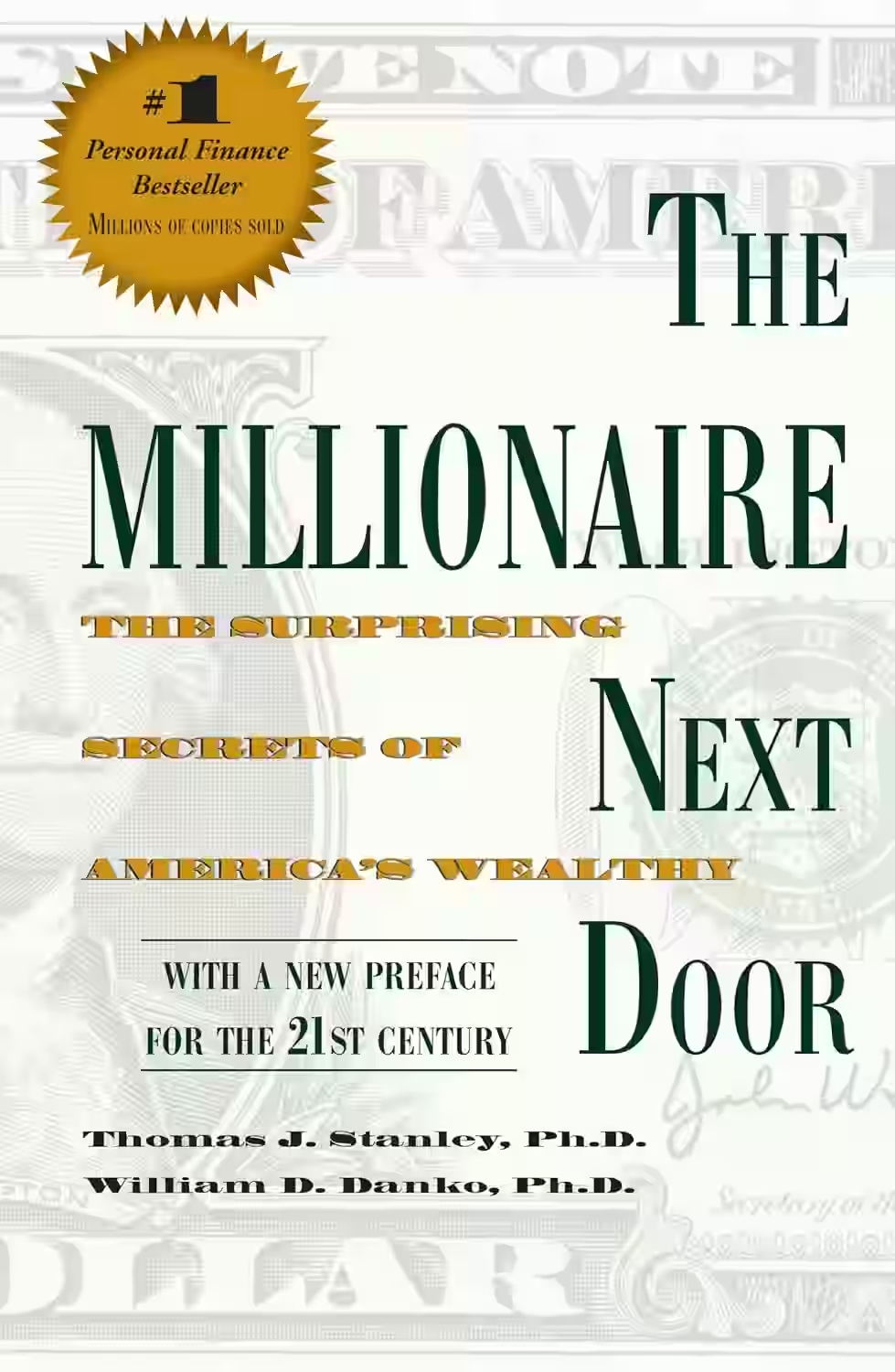
The Millionaire Next Door
In 'The Millionaire Next Door' by Thomas J. Stanley, the author challenges common perceptions about wealth and millionaires by delving into the habits and lifestyles of everyday affluent individuals. Through years of research, Stanley uncovers that many millionaires live modestly, save diligently, and prioritize financial independence over flashy displays of wealth. The book offers valuable insights on how frugality, discipline, and smart financial decisions can lead to long-term prosperity, regardless of income level. It emphasizes the importance of conscious spending, investing wisely, and building wealth steadily over time. 'The Millionaire Next Door' is a thought-provoking read that sheds light on the true essence of financial success.
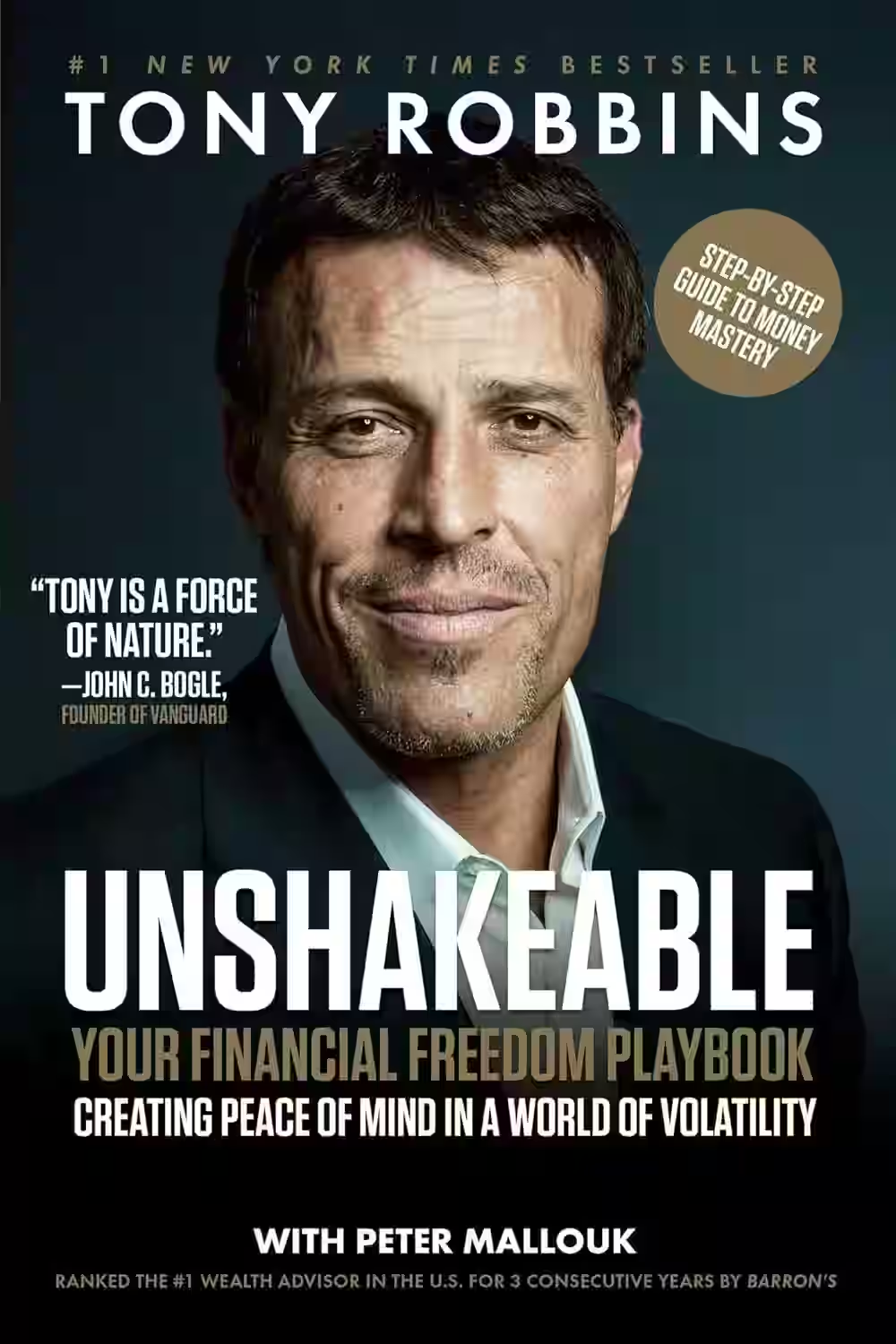
Unshakeable
by Tony Robbins
In "Unshakeable," Tony Robbins, along with financial advisor Peter Mallouk, delves into the world of personal finance and investment. The book is purposefully crafted to arm readers with the knowledge and strategies necessary to cultivate financial stability and confidence. Robbins breaks down complex financial concepts into accessible advice, especially valuable for those new to investing. Emphasizing the importance of staying the course during turbulent market times, it conveys a message of resilience. Robbins also includes practical insights from renowned investors, making it a comprehensive guide to wealth-building. While the book provides a reassuring perspective for anxious investors, it might offer less depth for seasoned financial enthusiasts.